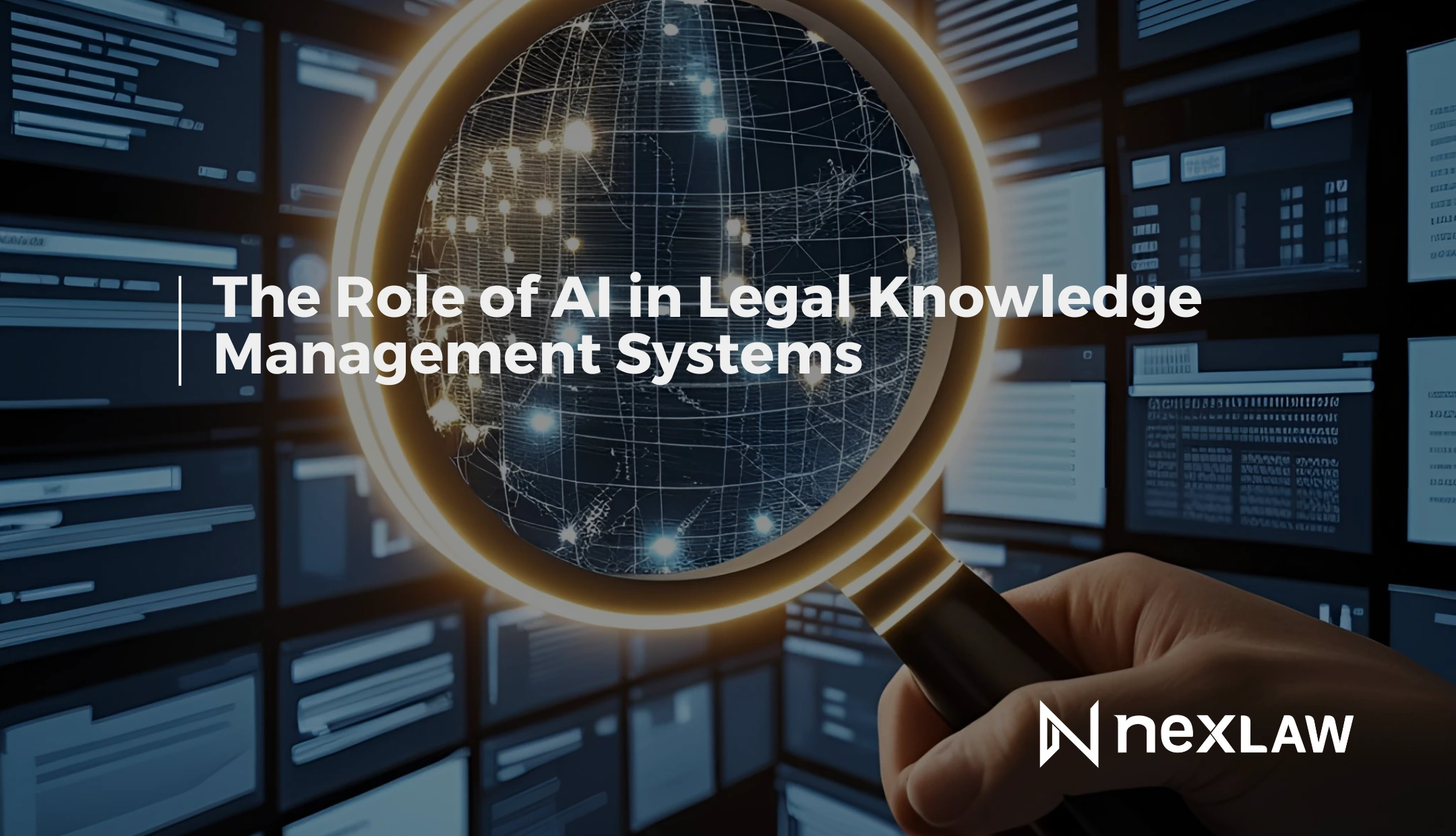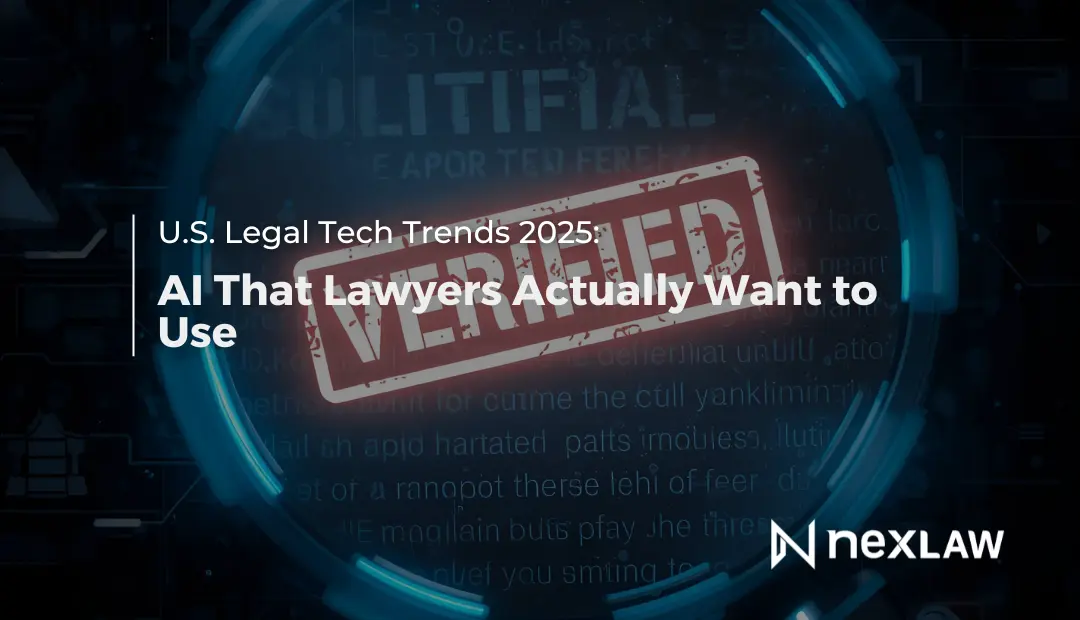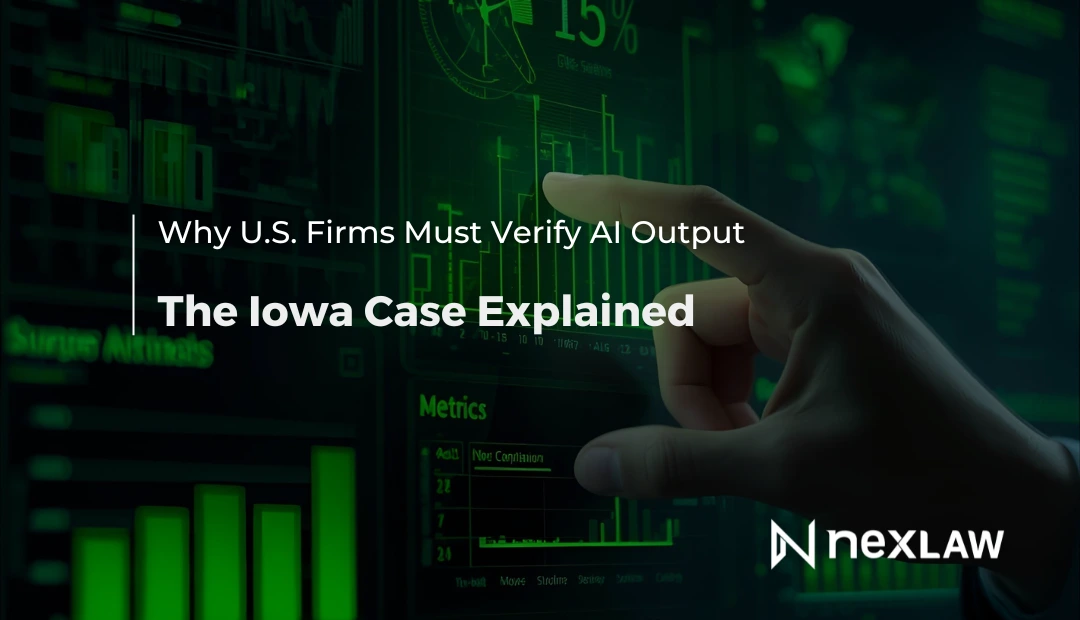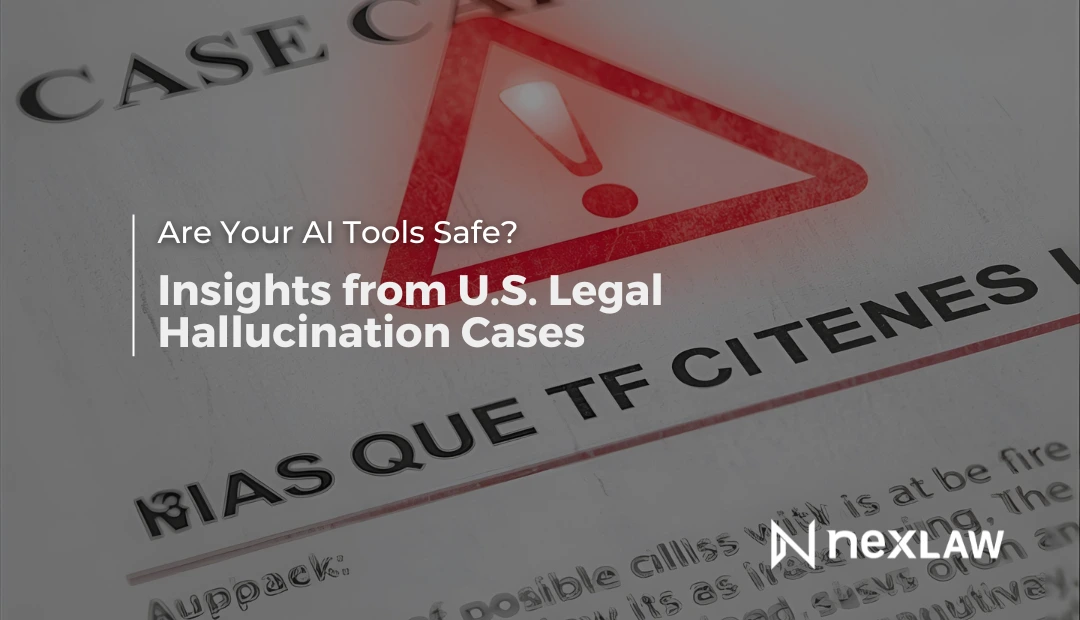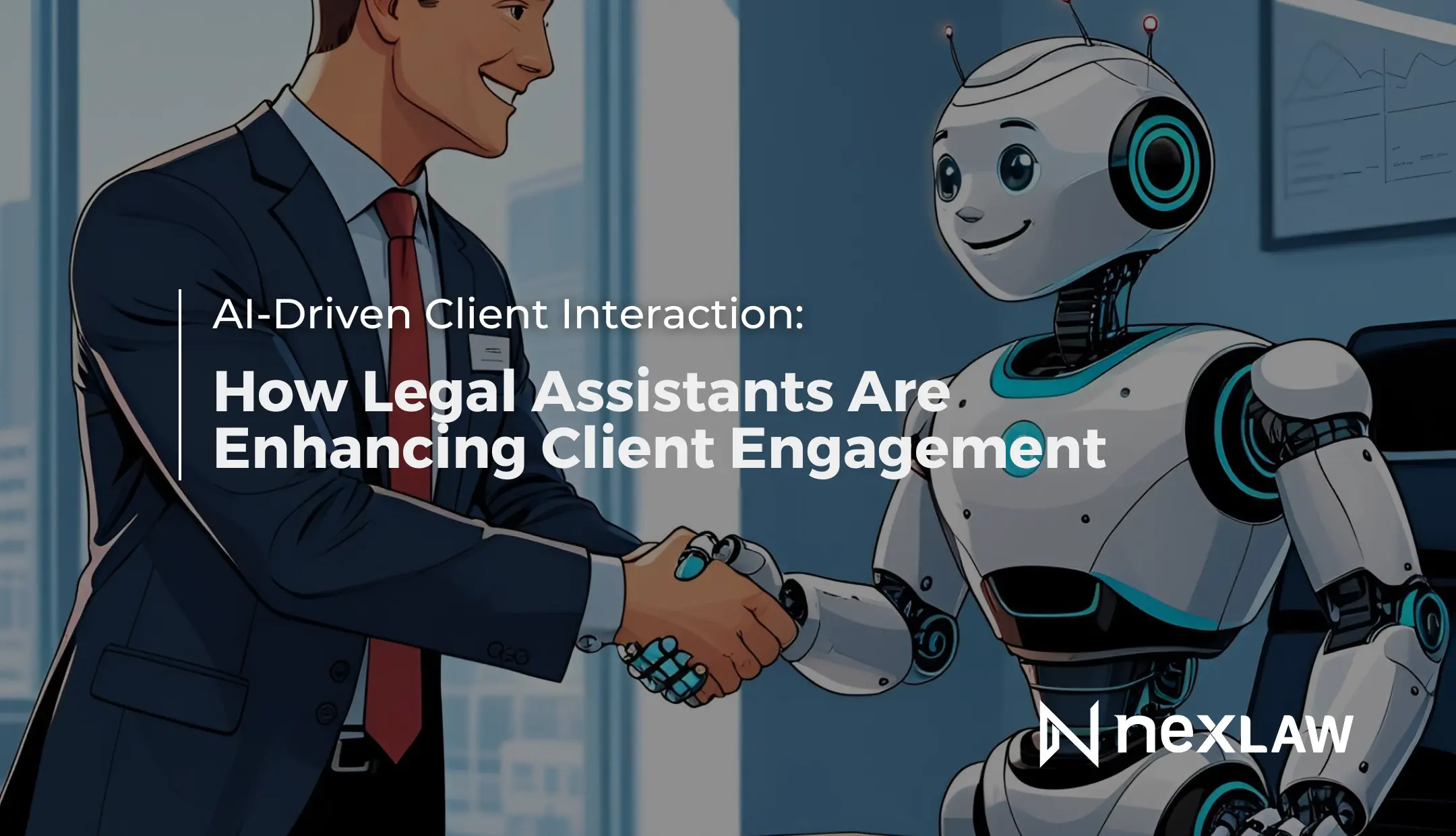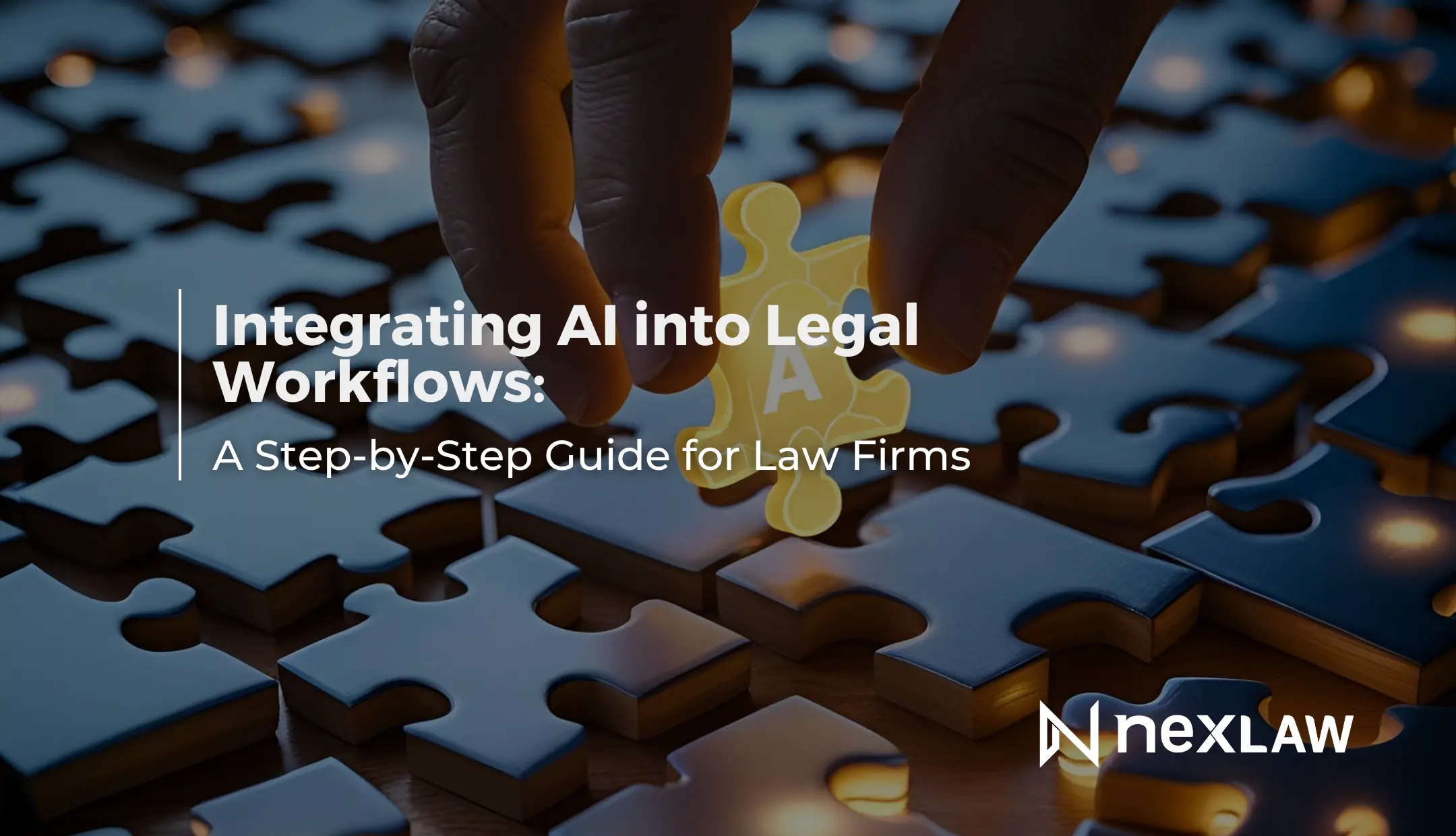The Role of AI in Legal Knowledge Management Systems
Managing Legal Knowledge in the AI Era
The legal profession is built on the meticulous management of information—case law, statutes, client documents, and internal firm knowledge. Yet traditional systems of organizing and retrieving this data are increasingly inadequate in the face of growing complexity and volume. Enter artificial intelligence: a transformative force that’s redefining how firms manage, share, and retrieve institutional knowledge.
Unlock Legal Insights Instantly!
AI-powered knowledge management (KM) systems are helping legal professionals streamline workflows, improve decision-making, and reduce the time spent searching for precedents or internal guidance. In this article, we explore how AI is reshaping KM in the legal field and why firms are embracing these tools as core infrastructure.
Why Traditional Legal KM Falls Short
Most law firms rely on document repositories, shared drives, or manual databases. These systems:
- Are difficult to navigate
- Rely heavily on proper tagging and consistent metadata
- Often contain duplicated or outdated files
- Do not surface insights contextually
Worse, the legal expertise within a firm is often siloed—trapped in individual attorneys’ minds or buried in disconnected systems. This makes onboarding, collaboration, and consistency in legal argumentation more difficult.
How AI Enhances Legal Knowledge Management
AI transforms knowledge management by making systems smarter, context-aware, and automated. Here are some of the ways it’s being applied:
-
Intelligent Search and Retrieval
Unlike keyword-based systems, AI can understand context and intent. Natural Language Processing (NLP) enables attorneys to search for case law, memos, or filings using queries like “precedents for breach of fiduciary duty in Delaware,” and receive relevant, ranked results—even if the documents use different wording.
AI-powered KM platforms can also learn from user behavior to improve future search results, reducing the time attorneys spend hunting for information.
-
Automatic Tagging and Classification
Machine learning models can automatically tag and categorize documents based on content, jurisdiction, legal issue, or case stage. This not only saves time but ensures consistency and accuracy, reducing the burden on attorneys and paralegals.
This automation allows firms to scale their document management efforts without requiring large manual review teams.
-
Knowledge Retention and Succession Planning
AI helps capture the tacit knowledge of experienced attorneys by analyzing their work, highlighting commonly referenced documents, and summarizing key concepts. This creates a searchable institutional memory that survives staffing changes and supports succession planning.
Especially in mid-sized and large firms, this capability is vital for maintaining service continuity.
-
Integration with Workflow Tools
The best AI-driven KM systems don’t just store knowledge—they embed it into everyday workflows. For instance, as a lawyer drafts a motion, the system might proactively surface relevant past cases or sample arguments used successfully in similar situations.
This reduces time spent switching between tools and enables better decision-making at the moment of action.
-
Preventing Redundancy and Version Confusion
AI can flag duplicate documents, recommend canonical versions, and highlight outdated materials. This reduces confusion, ensures version control, and prevents attorneys from relying on obsolete content.
By maintaining a clean, trustworthy knowledge base, AI enhances both accuracy and confidence in internal resources.
Industry Adoption and Trends
The use of AI in legal knowledge management is gaining traction, particularly among firms aiming to modernize operations without sacrificing quality. According to a 2025 report by LegalTech Today, 63% of law firms with over 50 attorneys plan to invest in AI-powered KM systems within the next 12 months.
Key drivers include:
- Increased remote and hybrid work environments
- Rising client expectations for faster, consistent service
- Talent retention through better onboarding and training tools
- Competitive pressures to streamline back-office operations
Overcoming Implementation Challenges
While the benefits are clear, implementing AI for KM does come with challenges:
- Data Quality: AI is only as effective as the data it processes. Firms must clean and structure their data for optimal results.
- Change Management: Attorneys may resist adopting new systems. Training, clear benefits, and ease of use are critical for firm-wide buy-in.
- Ethical Considerations: KM systems must ensure that sensitive information is properly protected and access-controlled, particularly when using AI to analyze privileged data.
Firms that plan carefully and prioritize transparency and training are the ones seeing the greatest ROI from their AI-KM investments.
AI Use Cases in Legal KM
Here are some examples of how law firms are deploying AI for knowledge management:
- Litigation Practice: Suggesting past briefs or motions with high success rates in specific jurisdictions
- Transactional Practice: Surfacing model clauses based on similar deals or clients
- Compliance Teams: Highlighting regulatory updates and mapping them to relevant firm memos
- Training Programs: Using AI to generate quizzes or modules based on internal documents and best practices
Each of these applications reduces time, improves consistency, and supports better outcomes.
Why Now Is the Time to Modernize KM
Legal firms sit on vast stores of untapped information. AI offers a path to organize and operationalize this knowledge for real-time strategic use. With advancements in generative AI, NLP, and secure cloud infrastructure, firms no longer need to choose between innovation and compliance.
Failing to invest in modern KM tools means wasting valuable attorney time, duplicating efforts, and risking client satisfaction.
A Smarter Way to Manage Legal Knowledge
If your firm still relies on basic search functions and static folder systems, it may be time to consider what an AI-augmented knowledge hub can unlock. With the right tools, your team won’t just work faster—they’ll build a more resilient, scalable foundation for future growth.
ChronoVault 2.0, now integrated with NeXa and TrialPrep, turns scattered knowledge into organized, searchable intelligence. From precedent analysis to issue tracking, NexLaw helps you preserve institutional knowledge while accelerating daily work.
Start your free trial of NexLaw today and see how intelligent knowledge management can transform your legal operations—from search to strategy.
Promo code: ANNIV15MONTHLY or ANNIV15ANNUALY – Get 15% off annual plans.
Offer valid until August 31, 2025.
